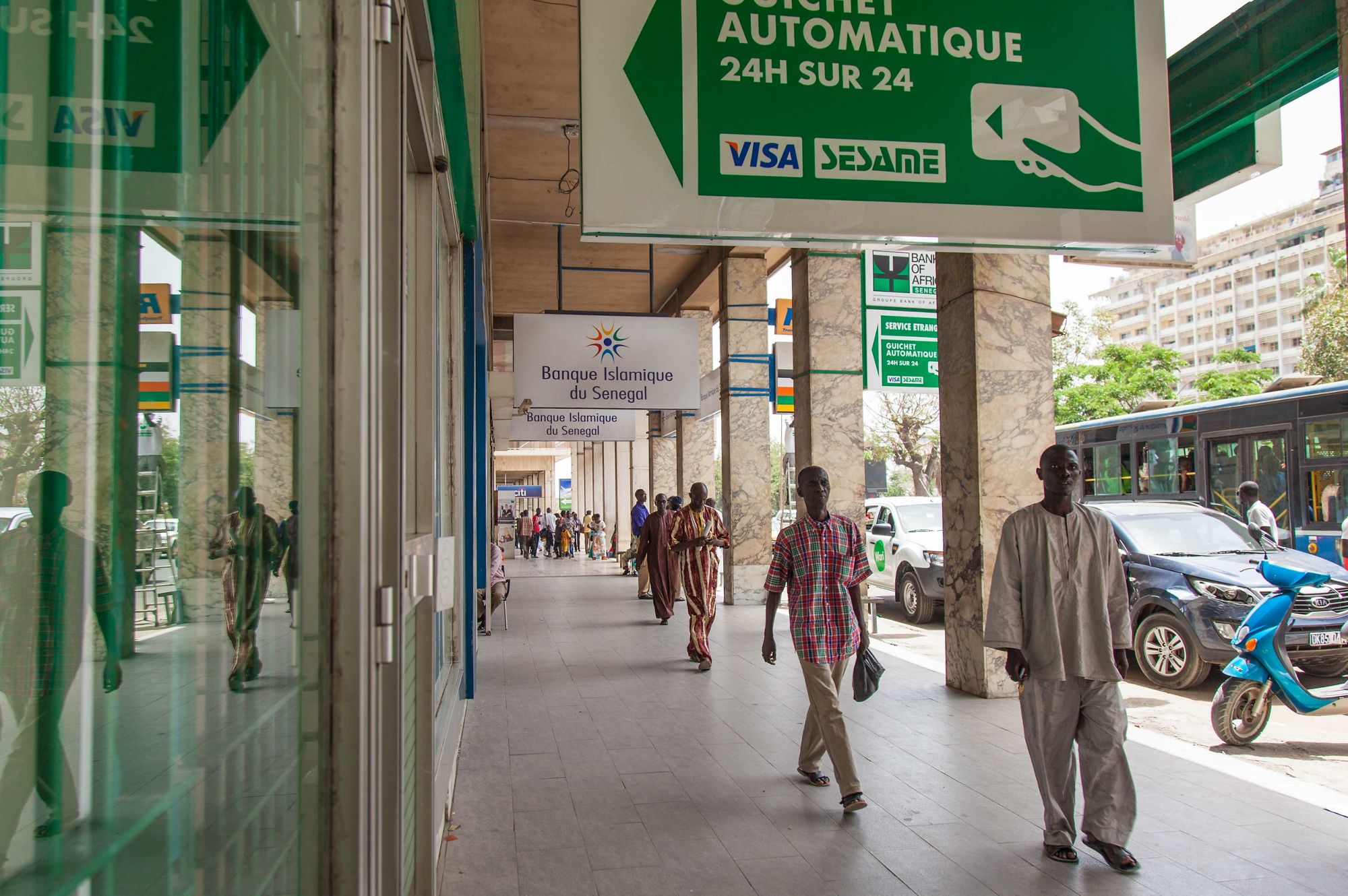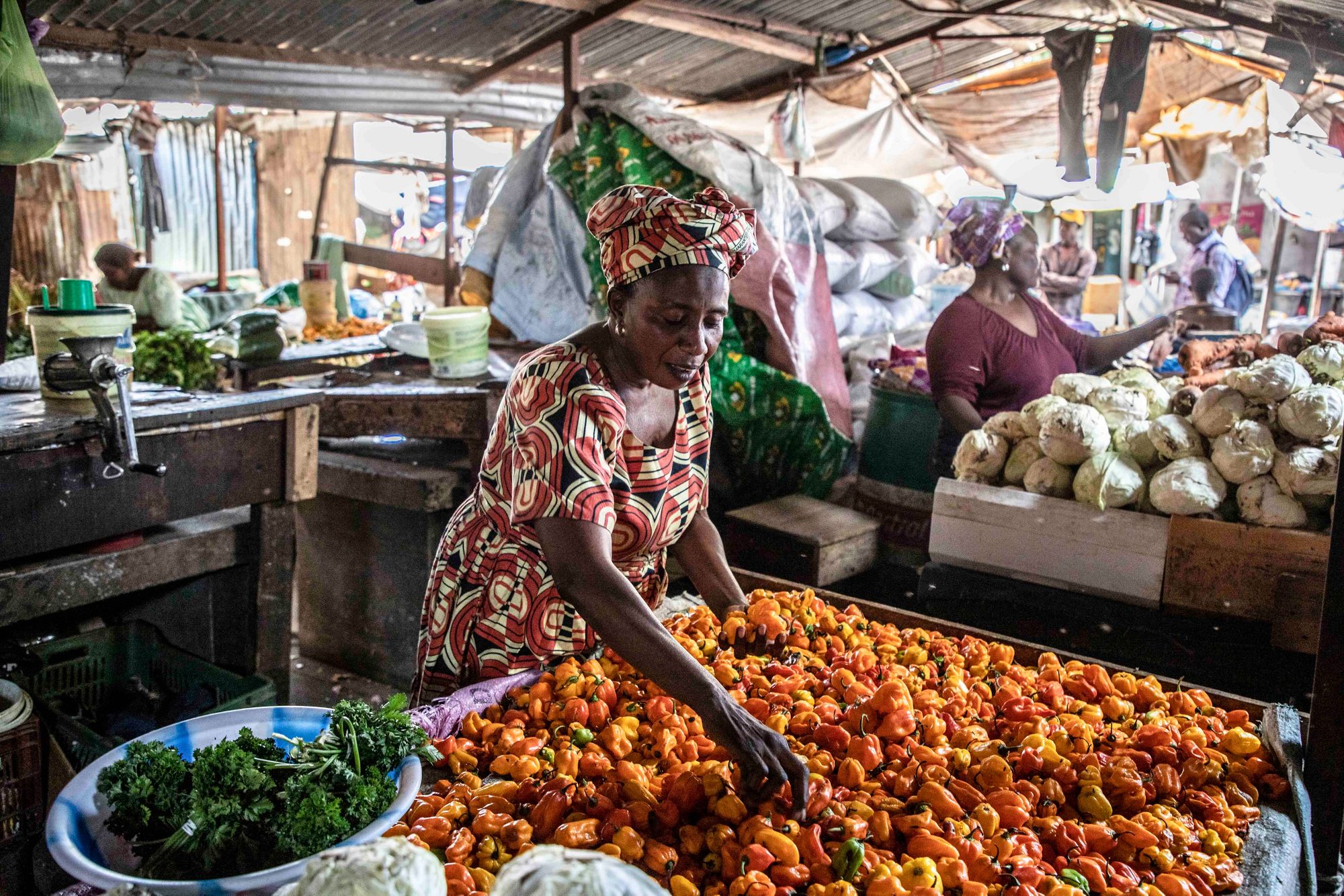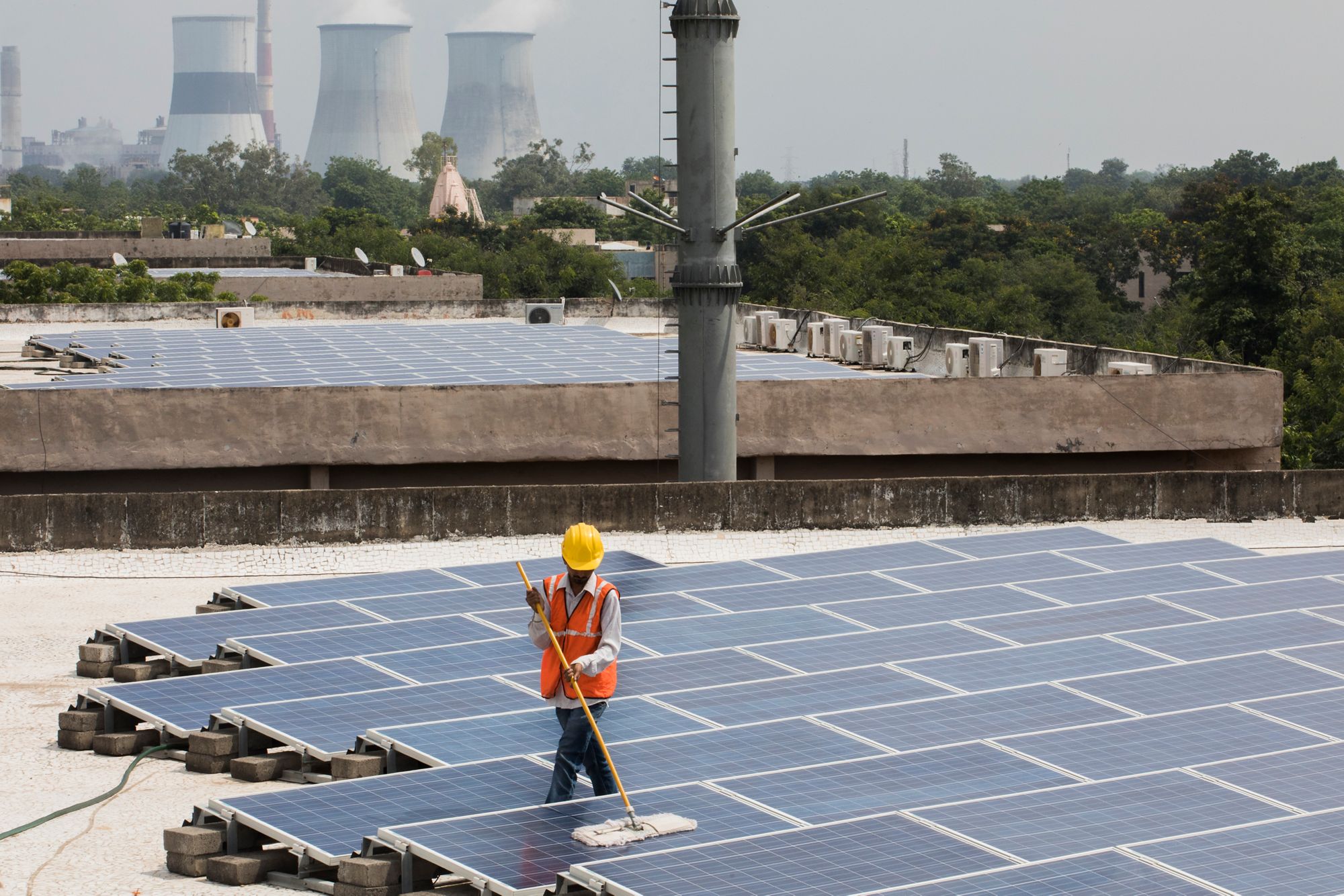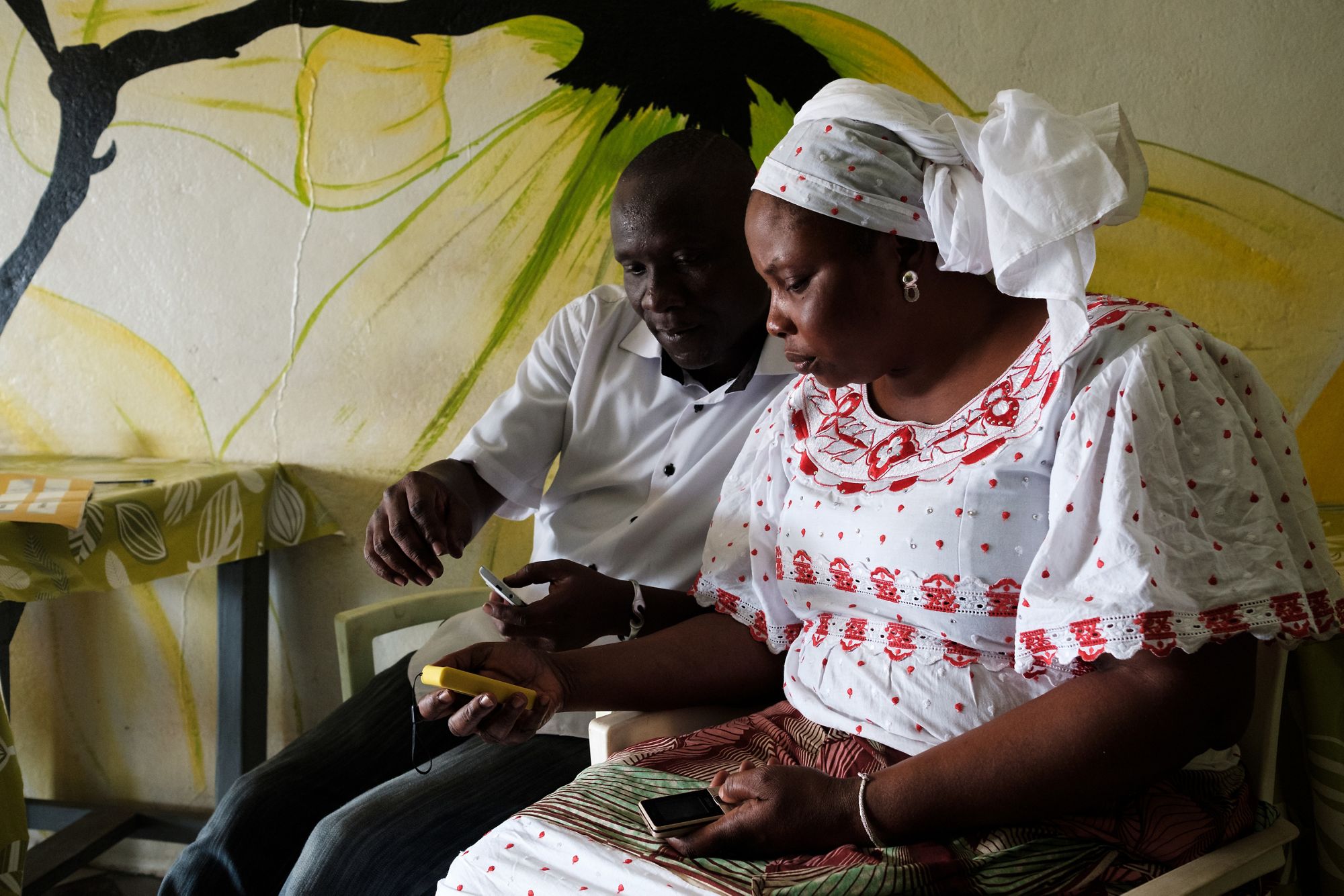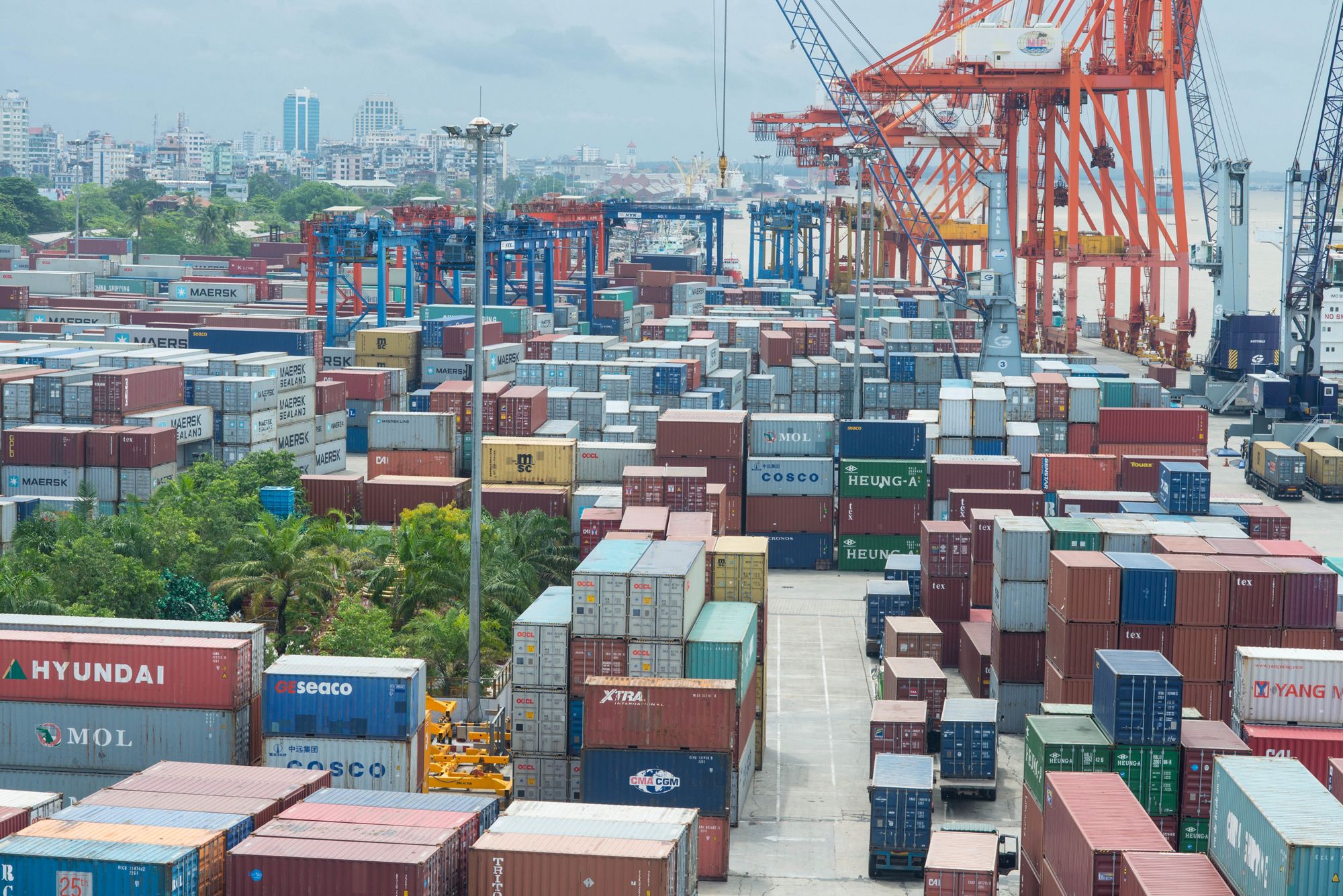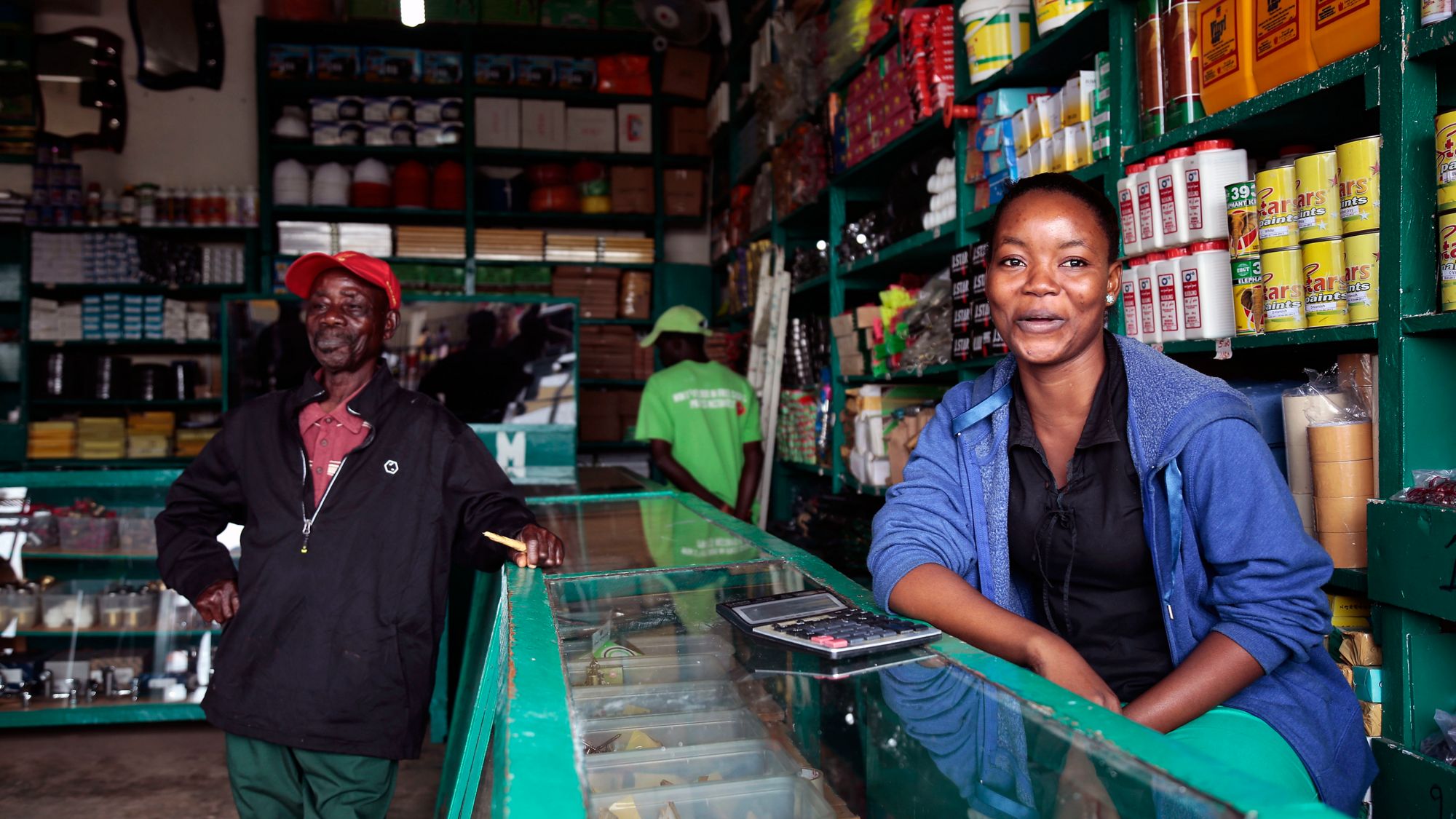Select a Region Sub navigation page selecting option, jump to that section
IFC works through financial institutions to provide much-needed access to finance for millions of individuals and micro, small, and medium enterprises that we would never be able to reach directly. The Financial Institutions Group (FIG) supports the World Bank Group goal of achieving universal access to finance, an important part of the World Bank Group strategy to end extreme poverty and build shared prosperity. Working with local financial intermediaries allows IFC to support far more micro, small, and medium enterprises than we would on our own.
The impact of IFC financial clients in 2021
-
$516.9 B in loans to SMEs
-
$107.9 B in microfinance loans
-
$35.6 B in loans to women-owned enterprises
-
$226 B in trade finance transactions
